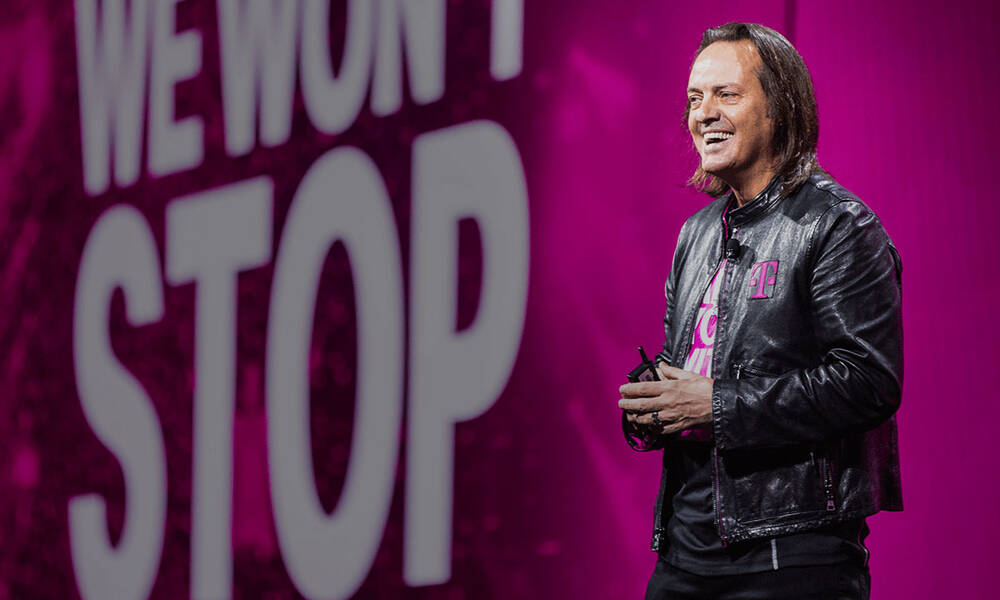
Success With Disruption: Why T-Mobile’s Departing CEO, John Legere, Was So Effective
The T-Mobile CEO, who is leaving the company in the midst of a high-profile merger, is often cited as an effective change agent and industry disruptor. Here’s what made his strategy work so well.
Longtime T-Mobile CEO John Legere is a lot of things—leather jacket-wearing marketing genius, livestreaming slow-cooker enthusiast—but perhaps his best-known role is that of disruptor.
When Legere, a former AT&T and Dell executive, took over at T-Mobile in 2012, the mobile industry looked a lot different—and he excelled by making a series of bold moves that reshaped not just the company he led but his direct competitors as well.
And as he plans to exit the company that made him famous after navigating one of the most ambitious mergers in business history, a $26.5 billion deal with Sprint that has faced years of regulatory pushback, it’s worth discussing how Legere—who actually has an association-world tie as a board member of the wireless group CTIA—was so effective as a change agent.
A few strategies that worked for him:
Give your strategy a name. Legere came to the leadership role at T-Mobile in the wake of a failed merger with AT&T, which the FCC opposed for competitive reasons, with a pledge to compete. In 2013, he put his strategy out there with a series of press events that defined his mode of operation: T-Mobile, then the smallest of the four major carriers, would become the “Un-carrier.” “These bold moves serve notice that T-Mobile is canceling its membership in the out-of-touch wireless club,” Legere said in a press release that’s characteristic of his style. This messaging was unique in the telecom field in those days and helped T-Mobile win customers back, despite having a weak wireless network at the time.
Offer a genuine alternative to the other guys. The first “Un-carrier” thing Legere did was to offer something its competition was not offering: a simple rate plan. Legere took steps to disrupt the traditional contract-driven carrier model by allowing people to sign up without a contract. Later, the company allowed people to upgrade their phones as often as they wanted and gave consumers an unlimited data plan at a time when competitors were charging for overages. While Legere’s work was at times criticized, it helped to generally make wireless pricing more transparent. “People know exactly how much their phones cost, reinforcing the perceived value of smartphones while recognizing how much they owe in financing,” The Motley Fool noted. These moves slowly increased T-Mobile’s market share and forced its larger competitors to improve their alternatives.
Put yourself out there in a big way. Quick question: Can you name the CEOs of Verizon Wireless, AT&T, or Sprint? Unless you work with one of those firms, probably not. But Legere, with a profane rock-star attitude, became the most powerful tool in the company’s marketing toolkit, the front-facing social media icon and the voice that was ready to speak up for the consumer. The fact that he was more public-facing than most CEOs likely made it much easier for him to sell his disruptive message to the broader public—something that showed dividends both in T-Mobile’s market share and stock price.
(Handout photo)






Comments